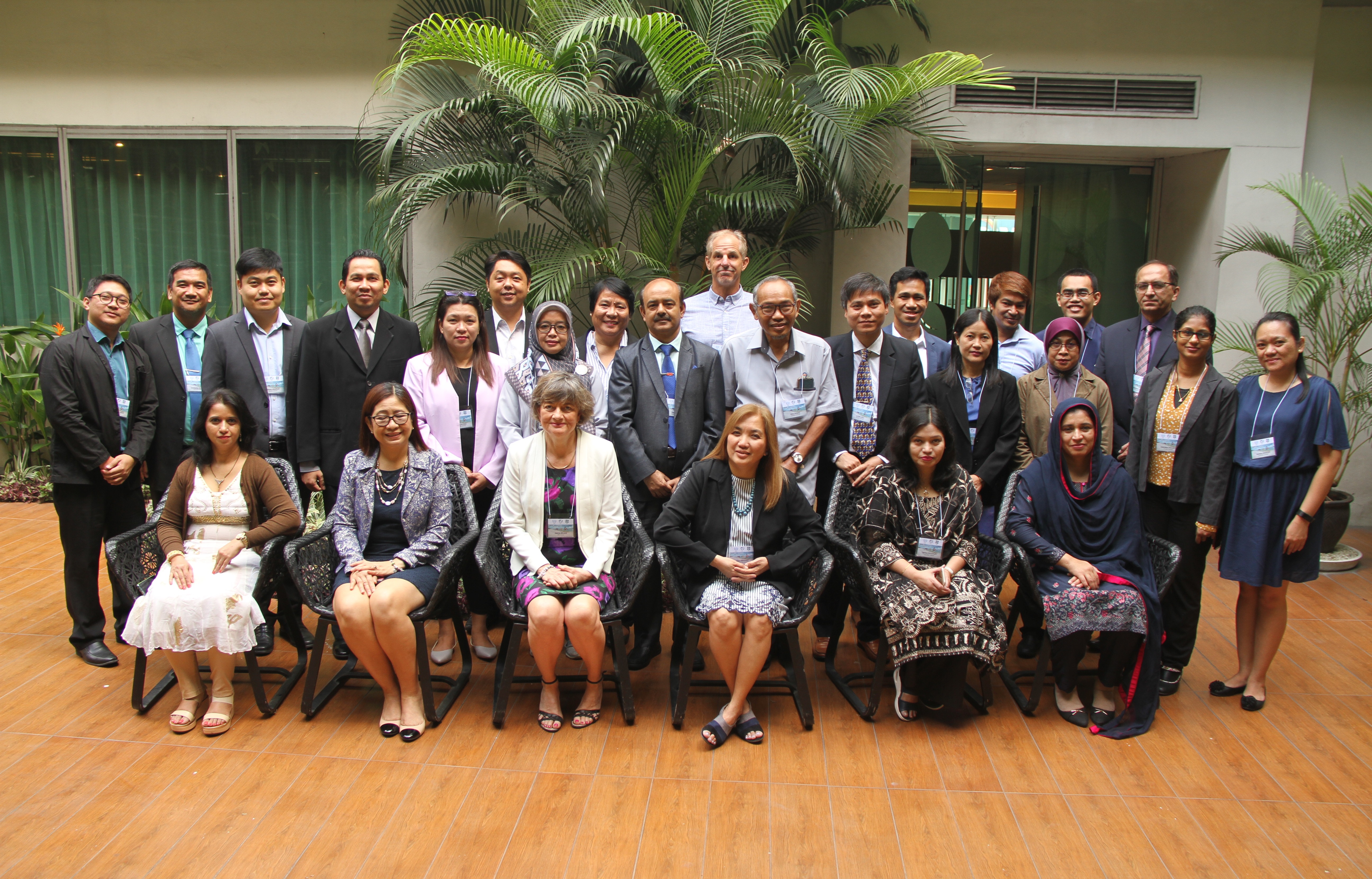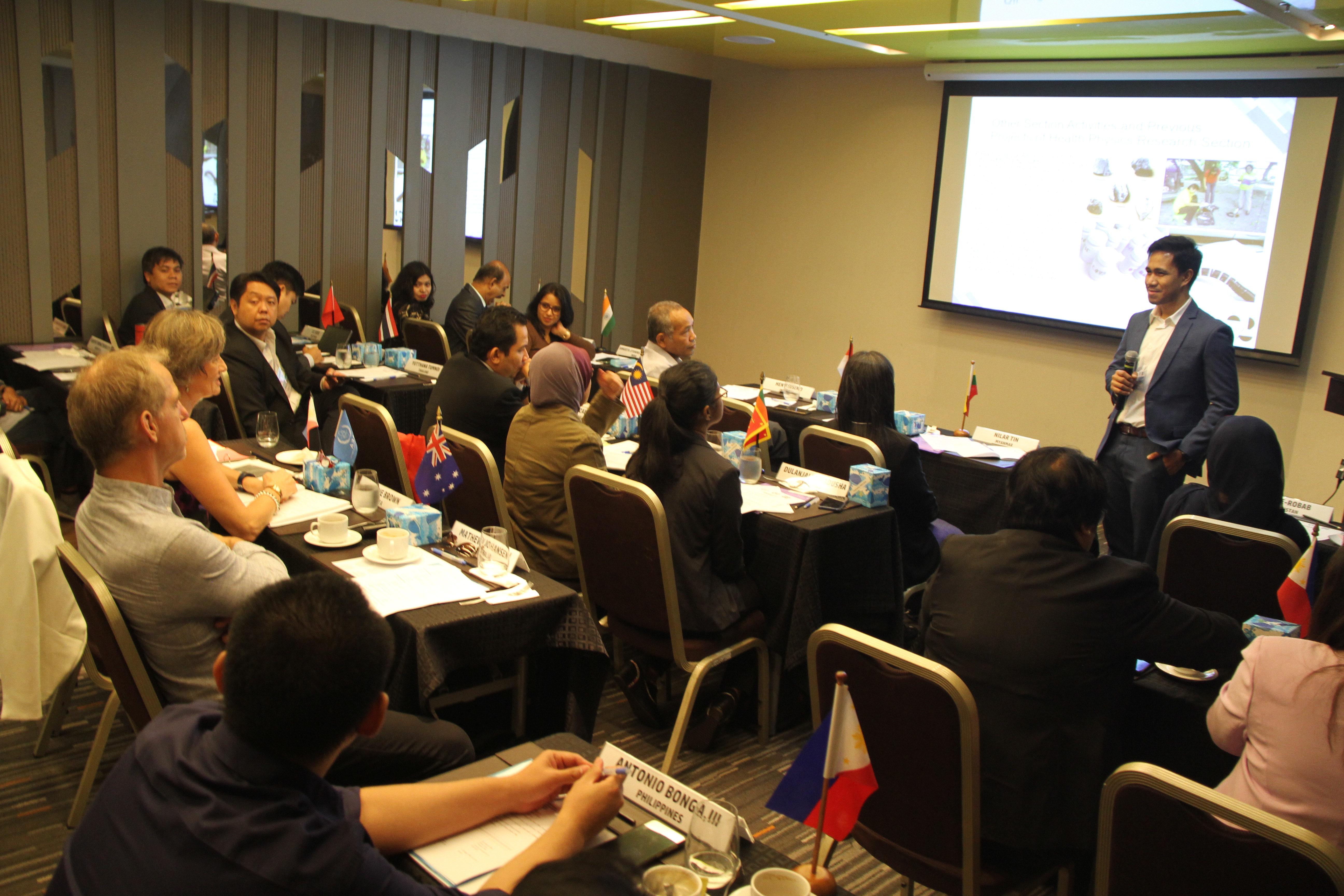PNRI Hosts IAEA/RCA Regional Workshop on Radiological Dose Assessment
- Details
PNRI Hosts IAEA/RCA Regional Workshop on Radiological Dose Assessment
Researchers representing several countries in the Asia-Pacific region meet with experts from the International Atomic Energy Agency (IAEA) for the further development of environmental radioactivity monitoring efforts in the Asia-Pacific region, particularly in marine systems, during the IAEA/RCA Regional Workshop on Radiological Dose Assessment hosted by the Department of Science and Technology - Philippine Nuclear Research Institute (DOST-PNRI) from February 24 to 28, 2020 at the Novotel Manila Araneta Center in Quezon City.
The workshop was held in collaboration with the IAEA and the Regional Cooperative Agreement for Research, Development and Training Related to Nuclear Science and Technology for Asia and the Pacific (RCA).
IAEA Project RAS7028 aims to enhance the capabilities of Member States in monitoring marine radioactivity and to assess the potential impact of radioactive releases from nuclear facilities into the marine environment, whether routine or accidental.
PNRI Receives Recognition from DOST-TAPI for Successful Commercialization of Technologies
- Details
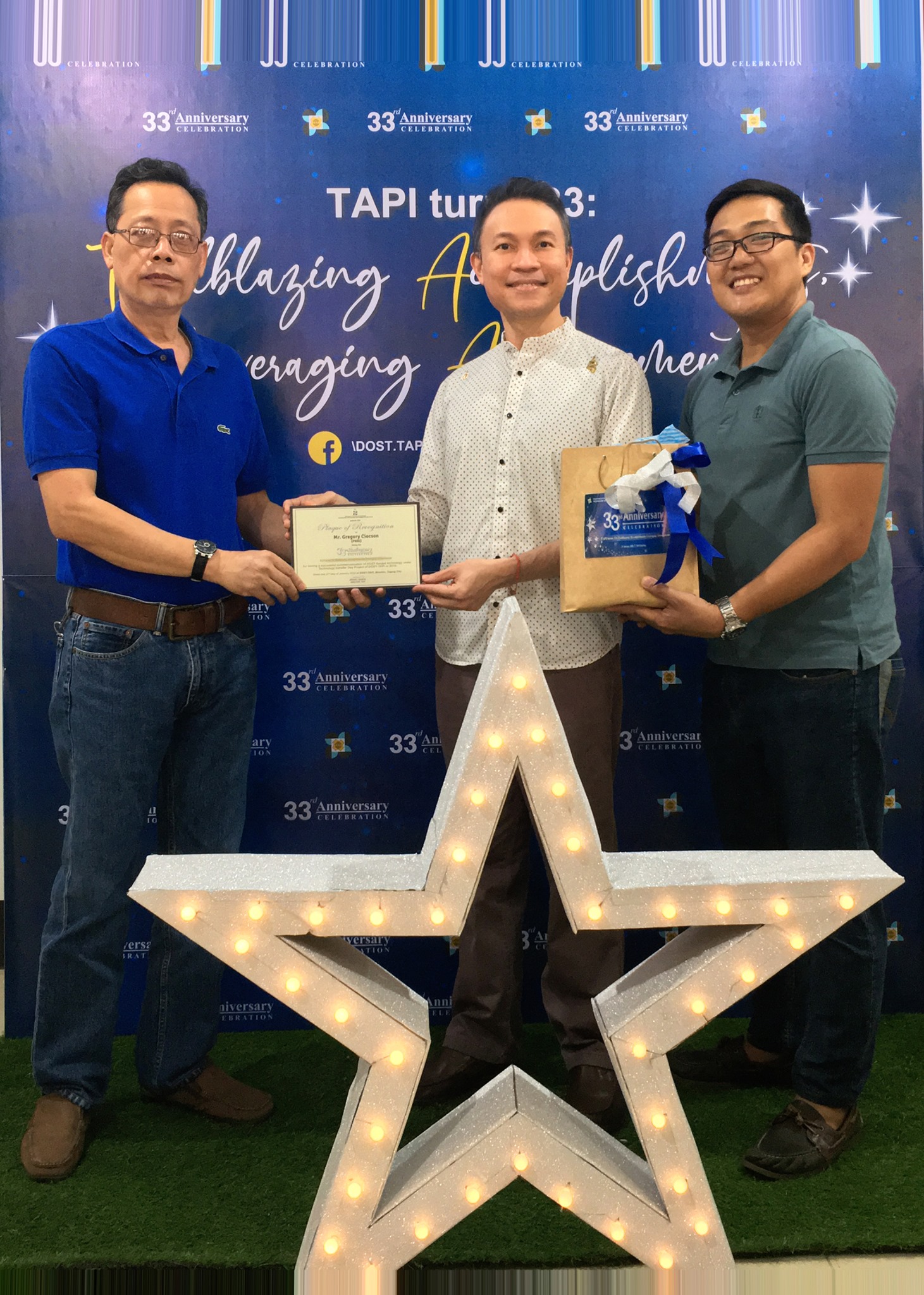
PNRI Receives Recognition from DOST-TAPI for Successful Commercialization of Technologies
Congratulations to DOST-PNRI for receiving recognition from the DOST-Technology Application and Promotion Institute (DOST-TAPI) for its successful commercialization of DOST-funded technologies under its Technology Transfer Day Project in 2019.
The plaque was given to PNRI Technology Transfer and Business Development Officer Mr. Gregory Ciocson during DOST-TAPI's 33rd Anniversary Celebration.
According to DOST-TAPI, the Technology Transfer Day provides a venue to fast-track the commercialization of DOST technologies for entrepreneurs, investors, fabricators, and technology adaptors, contributing to DOST's efforts to make science and technology more significant and responsive to the needs of the local market.
More photos at:
https://www.facebook.com/PNRIDOST/posts/1078936185785119
Medical Professionals Complete Radioisotopes Training Early in 2020
- Details
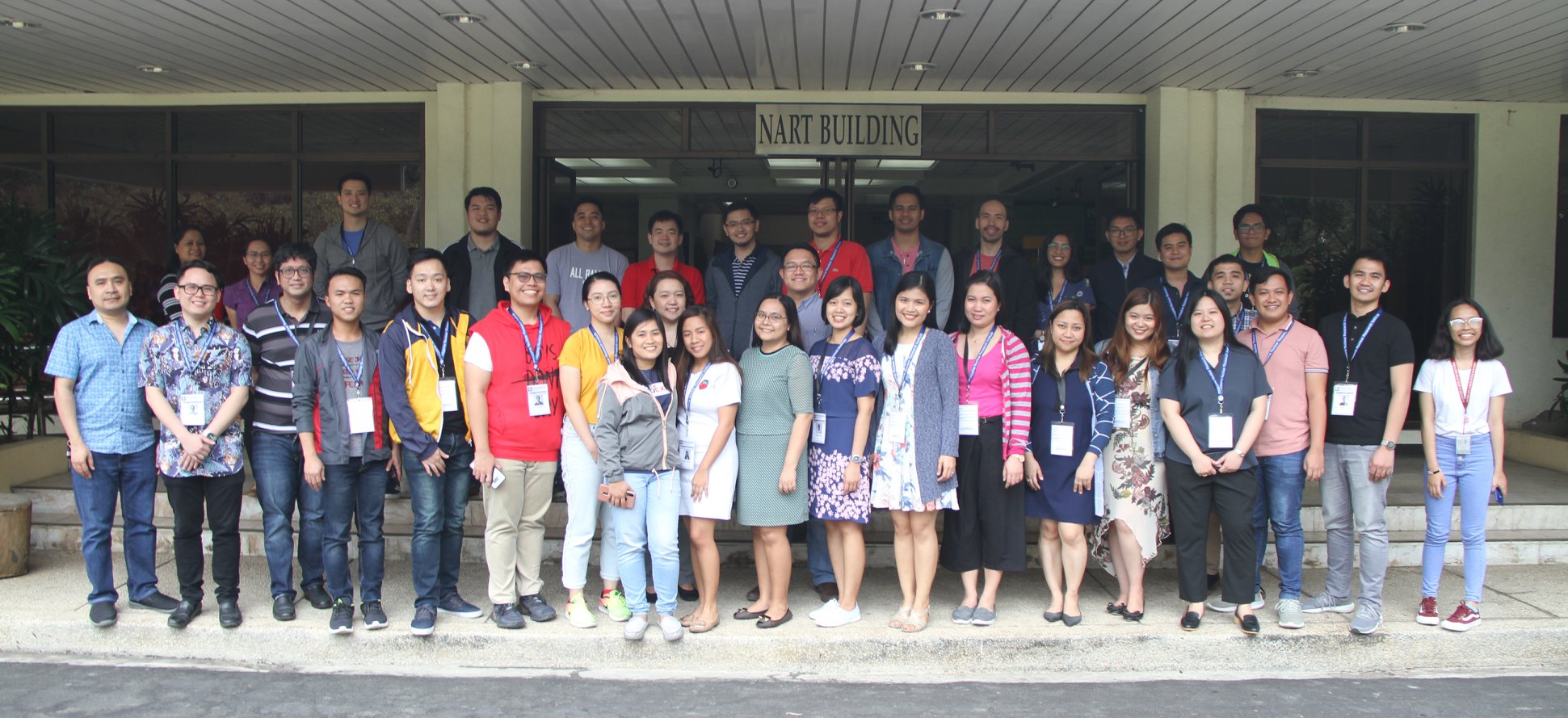
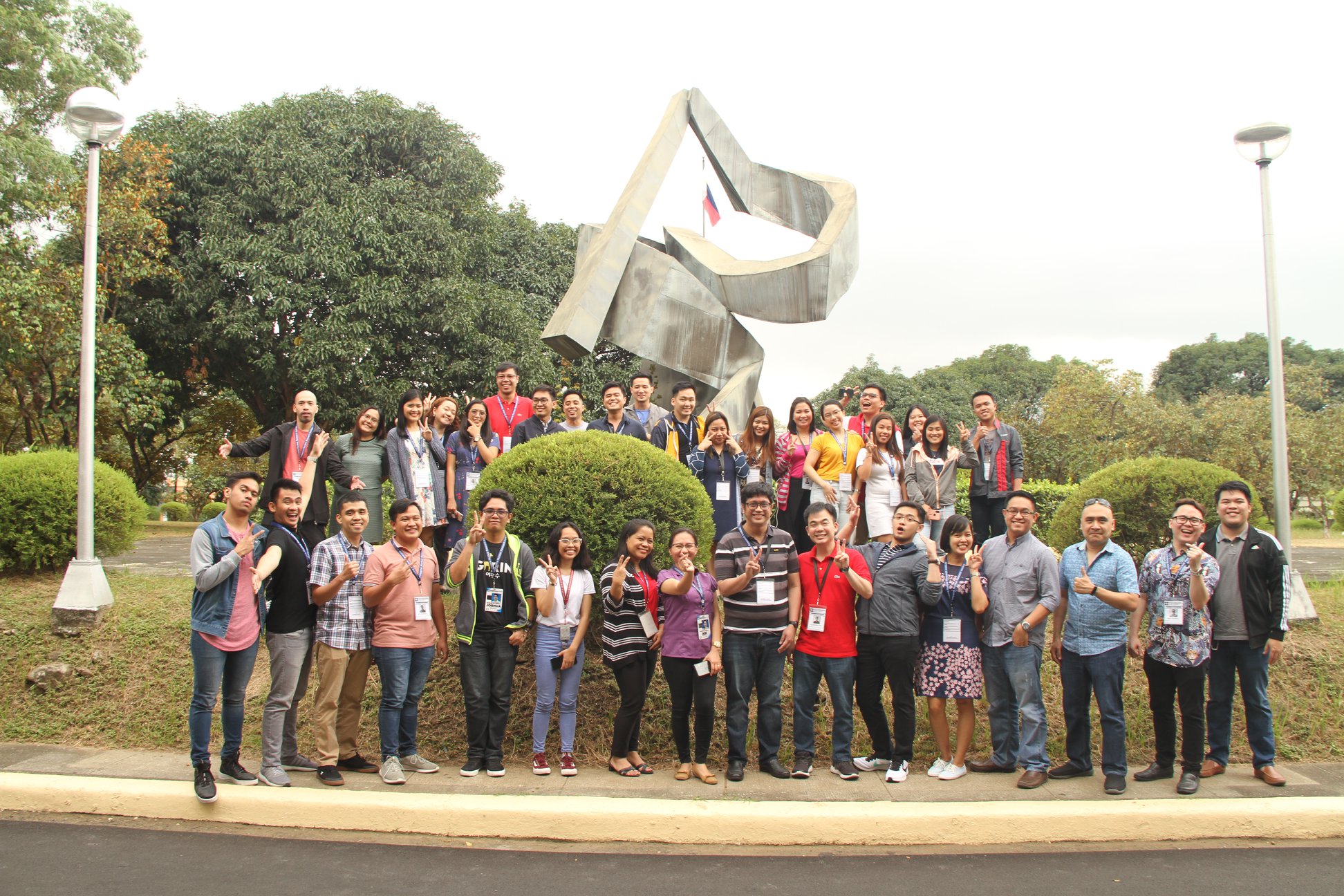
Medical Professionals Complete Radioisotopes Training Early in 2020
Doctors, nuclear medicine specialists and other professionals in the medical field recently completed this year's first Course on Medical Use of Radioisotopes (CMR), formerly the Radioisotope Techniques Training Course – Medical (RTTC-M).
The month-long training course is offered by DOST-PNRI's Nuclear Training Center to individuals involved or will be involved in the use of radioisotopes in the medical field.
The RTTC, first held in April 1959, was the start of human resources development program in nuclear science and technology in the Philippines.
IAEA Student Competition on Nuclear Science and Climate Change
- Details
IAEA Student Competition on Nuclear Science and Climate Change
Are you interested in nuclear science and how it can be used to mitigate the effects of climate change?
To all high school students 14 to 18 years old, the International Atomic Energy Agency (IAEA) is hosting an International Student Competition on Nuclear Science and Climate Change.
Students are invited to present a project that raises awareness on nuclear S&T and climate change using digital technologies such as apps, social media campaigns, teaching plans, demonstrations and interviews.
The deadline for submission is on January 31, 2020.
The top five finalist teams will present their projects in Moscow, Russia during the IAEA Conference on Nuclear Knowledge Management and Human Resources Development: Challenges and Opportunities on June 15-19, 2020.
To learn more, visit the IAEA website at:
https://www.iaea.org/events/nkmhrd-2020/international-student-competition


























